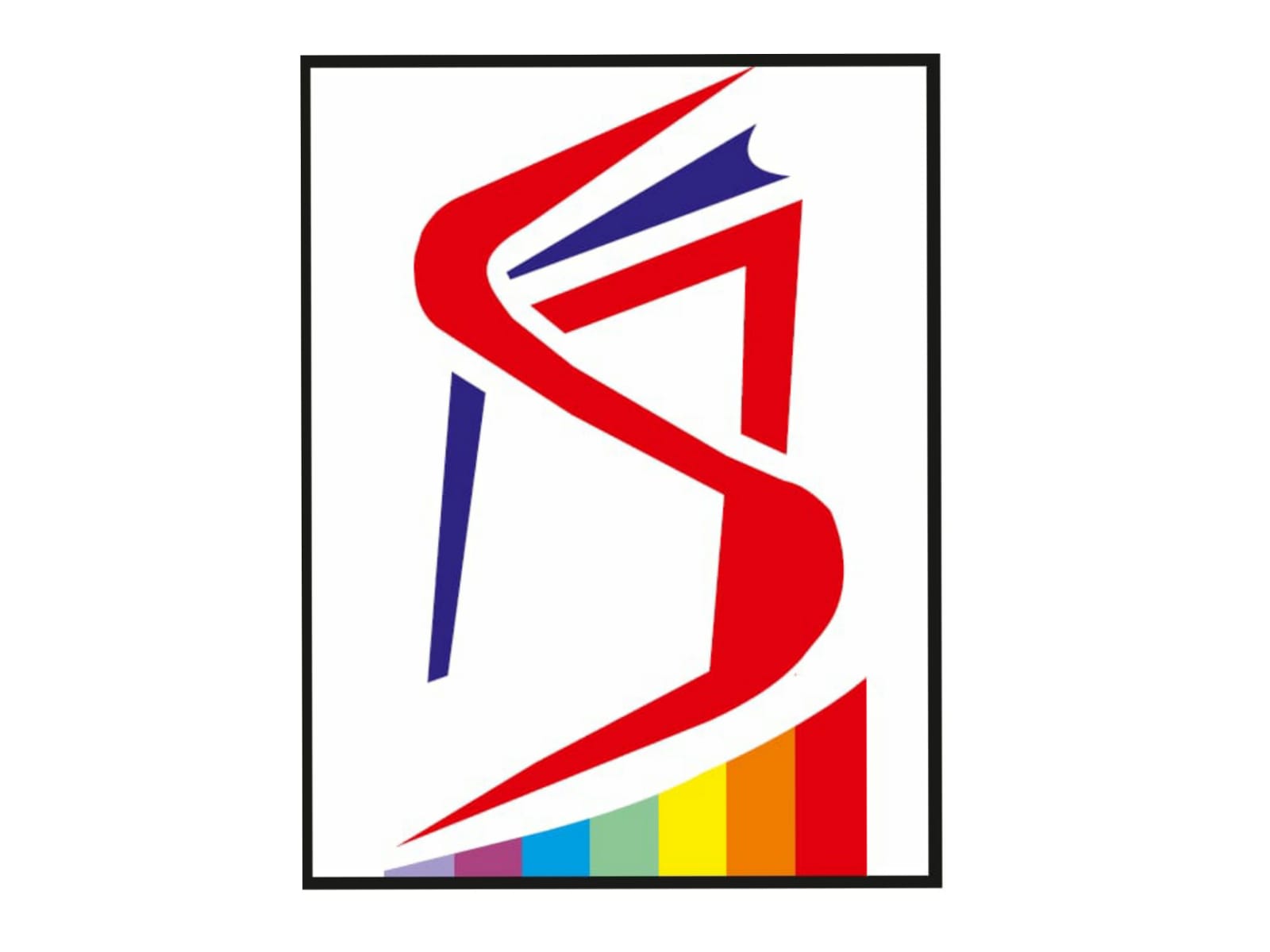Hyderabad-based Bharat Biotech, a vaccine company, has received pre-qualification from the World Health Organisation (WHO) for itsTypbarTyphoid Conjugate Vaccine (TCV) against typhoid fever, as per an announcement in January 2018.
The WHO tag would allow the firm to access global public vaccination programmes. It enables the supply of this life saving vaccine to Unicef, the Pan-American Health Organization (PAHO) and Global Alliance for Vaccines and Immunisation (GAVI)-supported countries. The board of GAVI has approved funding of $85 million for 2019-2020 to support the administration of the vaccine in developing countries. The first introductions may take place as soon as the first half of 2019.
Typbar TCV
Typbar TCV is the first typhoid vaccine, clinically proven for administration to children from 6 months of age to adults and confers long-term protection against typhoid fever. It has been evaluated in Human Challenge Studies at the Oxford University and typhoid conjugate vaccines have been recommended by WHO’s Strategic Advisory Group of Experts on Immunisation (WHO-SAGE).
WHO-SAGE recommended the use of typhoid conjugate vaccines for use in infants between 6 and 23 months of age and catch up vaccinations for children between 2 and 15 years of age. Typbar TCV is a result of development work at Bharat Biotech since 2001, where all aspects of the product profile were studied and evaluated in human clinical trials. The firm spent Rs 150 crore to develop the vaccine over a period of 12 years.
WHO Prequalification
Prequalification of medicines, vaccines etc. is done by the WHO to ensure that diagnostics, medicines, vaccines and immunisation-related equipment and devices for high burden diseases meet the standards of quality, safety and efficacy that have been set up internationally, to optimise use of health resources and improve health outcomes. The prequalification process consists of assessment which includes dossier review, consistency testing or performance evaluation, and site visits to manufacturers in order to approve the sites of vaccine production. This information, in conjunction with other procurement criteria, is used by UN and other procurement agencies to make purchasing decisions regarding diagnostics, medicines and/or vaccines.
Typhoid
Typhoid fever is caused by the bacterium Salmonella Typhi (S. Typhi), which infects humans due to contaminated food and beverages from sewage and infected humans. The known antibiotics to typhoid have developed resistance, leaving little protection for people. Currently a third of the global population is at risk of typhoid fever, which results in reduced school attendance, loss of work and wages, lowered pregnancy outcomes and impaired physical and cognitive development of children.International Health Metrics and Evaluation (IHME) estimates that in 2016, there were approximately 12 million cases of typhoid fever resulting in around 130,000 deaths.
